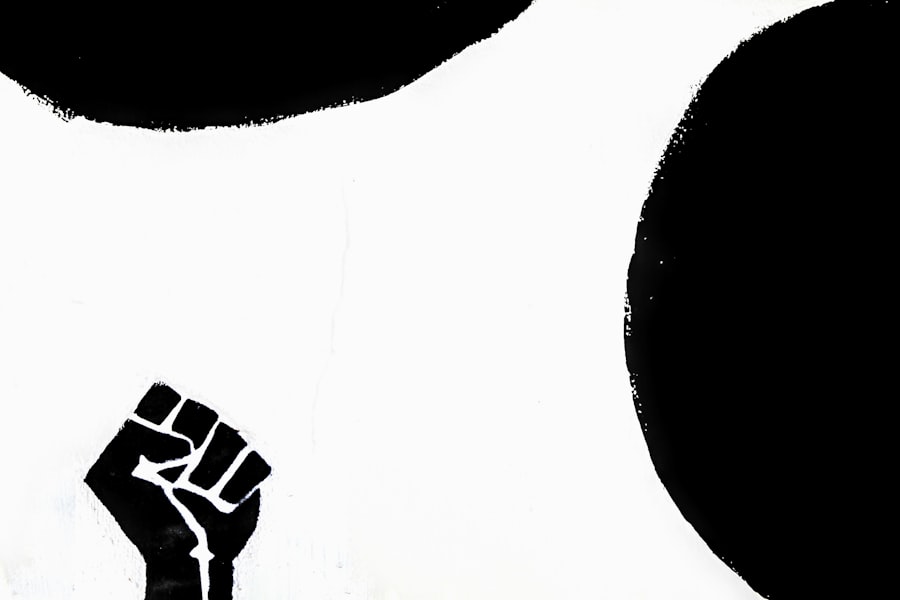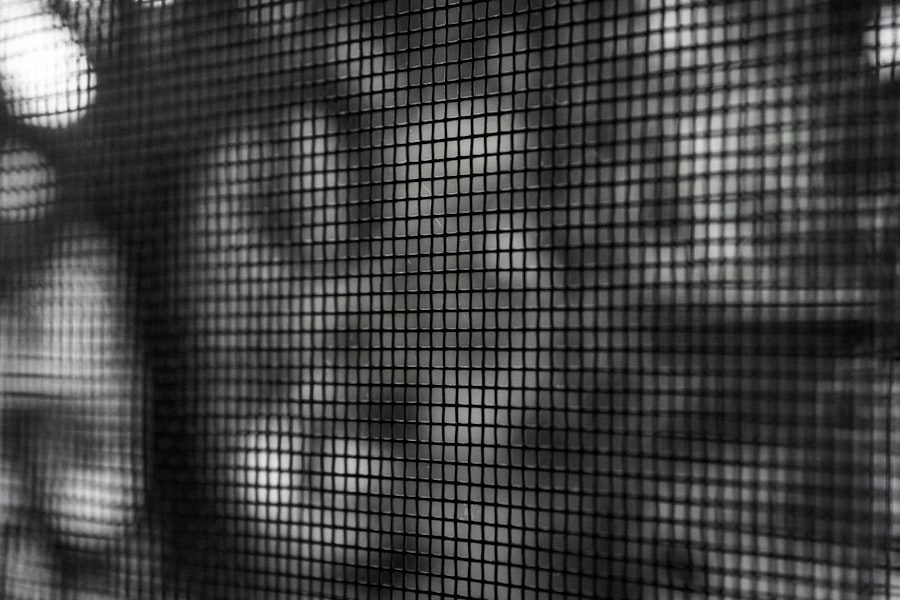The history of covert operations within U.S. intelligence is a complex tapestry woven from the threads of necessity, secrecy, and strategic ambition. The roots of these clandestine activities can be traced back to World War II, when the Office of Strategic Services (OSS) was established in 1942.
This precursor to the Central Intelligence Agency (CIA) was tasked with gathering intelligence and conducting sabotage against Axis powers. The OSS laid the groundwork for future covert operations, demonstrating the effectiveness of clandestine activities in achieving military objectives and influencing the course of war. Following the war, the CIA was officially formed in 1947, and it inherited the OSS’s mandate for covert action.
The Cold War era marked a significant expansion of these operations, as the United States sought to counter the influence of the Soviet Union around the globe. Covert operations became a tool for not only gathering intelligence but also for undermining adversaries, supporting friendly regimes, and promoting U.S. interests abroad.
From the early days of the CIA, covert actions were often shrouded in secrecy, with their successes and failures largely hidden from public scrutiny.
Key Takeaways
- Covert operations have been a part of US intelligence since the Revolutionary War, with a history of involvement in both domestic and foreign affairs.
- Covert action plays a significant role in shaping US foreign policy, often used to influence political outcomes and support American interests abroad.
- The CIA has been heavily involved in covert operations, utilizing tactics such as propaganda, political subversion, and paramilitary activities to achieve its objectives.
- Covert actions have had a significant impact on global politics, often leading to destabilization, regime changes, and long-term consequences for affected countries.
- The ethical and legal implications of covert operations raise concerns about accountability, transparency, and the potential for violating international law and human rights.
The Role of Covert Action in US Foreign Policy
Covert action has played a pivotal role in shaping U.S. foreign policy throughout the decades. It serves as a means for the United States to exert influence without resorting to overt military intervention, allowing policymakers to navigate complex international landscapes with greater flexibility.
By employing covert operations, U.S. leaders have sought to achieve strategic objectives while minimizing the risks associated with open conflict. This approach has often been viewed as a pragmatic solution to geopolitical challenges, enabling the U.S.
to respond swiftly to threats and opportunities. However, the reliance on covert action has also raised questions about its effectiveness and long-term consequences. While these operations can yield immediate results, they may also lead to unintended repercussions that complicate diplomatic relations and fuel anti-American sentiment.
The duality of covert action—its potential for both success and failure—has made it a contentious aspect of U.S. foreign policy, prompting ongoing debates about its appropriateness and ethical implications.
The CIA’s Involvement in Covert Operations

The CIA has been at the forefront of U.S. covert operations since its inception, engaging in a wide array of activities designed to advance national interests. From orchestrating regime changes to conducting psychological warfare, the agency has employed various tactics to achieve its objectives.
One of the most notable examples of CIA involvement in covert operations is the overthrow of Iran’s Prime Minister Mohammad Mossadegh in 1953, which was executed under Operation Ajax. This operation not only altered Iran’s political landscape but also set a precedent for future interventions in foreign governments. In addition to regime change, the CIA has also engaged in covert operations aimed at intelligence gathering and counterintelligence efforts.
The agency’s ability to infiltrate adversarial organizations and gather critical information has been instrumental in shaping U.S. responses to global threats. However, the CIA’s actions have not been without controversy; allegations of human rights abuses and violations of international law have often accompanied its covert activities, leading to calls for greater oversight and accountability.
The Impact of Covert Actions on Global Politics
| Covert Actions | Impact on Global Politics |
|---|---|
| Intelligence gathering | Shaping foreign policy decisions |
| Covert military operations | Destabilizing governments |
| Propaganda campaigns | Influencing public opinion |
| Economic sabotage | Disrupting financial stability |
Covert actions have had profound implications for global politics, often reshaping alliances and altering power dynamics in various regions. By supporting certain factions or governments while undermining others, the United States has influenced political outcomes that resonate far beyond its borders. For instance, U.S. support for anti-communist movements during the Cold War not only helped to contain Soviet expansion but also contributed to long-lasting conflicts in regions such as Central America and Southeast Asia. Moreover, the legacy of covert actions continues to affect international relations today. Countries that have experienced U.S.-backed interventions often harbor deep-seated resentment towards American influence, which can lead to strained diplomatic ties and increased hostility. The repercussions of these operations can linger for decades, complicating efforts to build stable relationships with nations that perceive U.S. actions as imperialistic or self-serving.
The Ethical and Legal Implications of Covert Operations
The ethical and legal implications surrounding covert operations are subjects of intense debate among scholars, policymakers, and the public alike. On one hand, proponents argue that such actions are necessary for national security and can prevent greater conflicts from arising. They contend that covert operations can be justified when they serve to protect American lives or promote democratic values abroad.
However, critics raise concerns about the moral ramifications of engaging in secretive activities that may violate international law or undermine democratic principles. The legality of covert operations is also a contentious issue, particularly when they involve actions such as assassination or support for authoritarian regimes. International law generally prohibits interference in the internal affairs of sovereign nations, raising questions about the legitimacy of U.S.
interventions under the guise of national security. As global norms evolve and public awareness increases, there is growing pressure for transparency and accountability in covert operations, prompting calls for stricter oversight mechanisms.
Notable Covert Operations in US History

Throughout its history, the United States has conducted numerous notable covert operations that have left indelible marks on both domestic and international landscapes. One such operation was Operation Condor, a campaign initiated in the 1970s that involved collaboration among several South American governments to eliminate leftist opposition through assassination and repression. This operation not only highlighted the lengths to which the U.S.
would go to combat perceived threats but also raised serious human rights concerns that continue to resonate today. Another significant operation was the Bay of Pigs invasion in 1961, where a CIA-backed force attempted to overthrow Fidel Castro’s regime in Cuba. The operation ended in failure and embarrassment for the U.S., leading to heightened tensions between the two nations and solidifying Castro’s position in power.
Such high-profile failures serve as cautionary tales about the risks associated with covert actions and underscore the importance of careful planning and execution.
The Relationship Between Covert Operations and National Security
The relationship between covert operations and national security is intricate and multifaceted. Proponents argue that these operations are essential tools for safeguarding national interests, allowing intelligence agencies to preempt threats before they escalate into larger conflicts. By gathering intelligence on adversaries and intervening discreetly when necessary, covert actions can enhance national security by providing policymakers with critical information and options.
Conversely, critics contend that an overreliance on covert operations can undermine national security by fostering instability in regions where interventions occur. The unintended consequences of such actions can lead to backlash against U.S. interests, creating new threats rather than mitigating existing ones.
This paradox highlights the need for a balanced approach that considers both immediate security needs and long-term geopolitical stability.
The Role of Technology in Covert Intelligence Operations
In recent years, advancements in technology have transformed the landscape of covert intelligence operations significantly. The rise of digital surveillance tools, cyber capabilities, and artificial intelligence has expanded the toolkit available to intelligence agencies, enabling them to conduct operations with greater precision and efficiency. These technological innovations have enhanced capabilities for data collection, analysis, and even direct intervention in adversarial systems.
However, this increased reliance on technology also raises new ethical dilemmas and challenges related to privacy and civil liberties. As intelligence agencies leverage sophisticated tools for surveillance and data mining, concerns about government overreach and potential abuses of power have come to the forefront of public discourse. Striking a balance between leveraging technology for national security purposes while respecting individual rights remains a critical challenge for policymakers.
The Future of Covert Actions in US Intelligence
As global dynamics continue to evolve, the future of covert actions within U.S. intelligence remains uncertain yet pivotal. The increasing complexity of international relations—marked by rising powers, transnational threats, and cyber warfare—demands that intelligence agencies adapt their strategies accordingly.
Covert operations may become even more integral as traditional forms of diplomacy face challenges from non-state actors and asymmetric warfare. Moreover, public scrutiny surrounding covert actions is likely to intensify as citizens demand greater transparency and accountability from their government. This shift may necessitate a reevaluation of how covert operations are conducted and overseen, potentially leading to reforms aimed at ensuring ethical standards are upheld while still addressing national security concerns.
The Oversight and Accountability of Covert Operations
The oversight and accountability of covert operations are critical components in maintaining public trust in intelligence agencies. Historically, there have been periods where oversight mechanisms were either insufficient or entirely absent, leading to abuses of power and significant public backlash when these activities came to light. In response to past controversies, Congress established oversight committees designed to monitor intelligence activities and ensure compliance with legal frameworks.
Despite these efforts, challenges remain regarding effective oversight of covert operations. The secretive nature of these activities often makes it difficult for oversight bodies to obtain comprehensive information necessary for informed decision-making. As calls for transparency grow louder, there is an ongoing debate about how best to balance national security needs with democratic accountability.
The Influence of Covert Actions on Public Perception of US Intelligence
Covert actions have significantly influenced public perception of U.S. intelligence agencies over time. While some citizens view these operations as necessary tools for protecting national interests, others harbor skepticism regarding their ethical implications and potential consequences.
High-profile failures or revelations about controversial operations can erode public trust in intelligence agencies, leading to calls for reform and greater oversight. Moreover, media portrayals of covert actions often shape public understanding and sentiment towards intelligence work. Films, documentaries, and news reports can either romanticize or vilify these activities, impacting how citizens perceive their government’s role in global affairs.
As public awareness continues to evolve alongside technological advancements and geopolitical shifts, intelligence agencies must navigate this complex landscape while striving to maintain credibility and trust among the populace. In conclusion, covert operations have played an integral role in shaping U.S. intelligence practices and foreign policy throughout history.
Their impact on global politics is profound yet fraught with ethical dilemmas that demand careful consideration as society moves forward into an increasingly complex world.
In recent discussions about US intelligence covert actions, a fascinating article sheds light on the intricate operations and historical context of these secretive missions. For those interested in delving deeper into the subject, the article available on Hey Did You Know This provides an insightful overview of the strategies and implications of covert actions undertaken by US intelligence agencies. You can read more about it by visiting this link. This resource offers a comprehensive look at how covert operations have evolved over the years and their impact on international relations.
FAQs
What is US intelligence covert action?
US intelligence covert action refers to secret activities carried out by the US intelligence agencies, such as the CIA, to influence events or political outcomes in foreign countries. These actions are designed to be clandestine and are often conducted without the knowledge or consent of the target country.
What are some examples of US intelligence covert actions?
Examples of US intelligence covert actions include supporting and funding foreign political parties or movements, conducting propaganda campaigns, carrying out sabotage or subversion, and providing military aid to foreign rebel groups. These actions are often aimed at advancing US national security interests or promoting US foreign policy objectives.
How are US intelligence covert actions authorized?
US intelligence covert actions are authorized by the President of the United States, typically through a presidential finding. A presidential finding is a formal document that authorizes the CIA or other intelligence agencies to carry out specific covert actions. The finding is reviewed and approved by the appropriate congressional committees.
What is the legal framework for US intelligence covert actions?
The legal framework for US intelligence covert actions is primarily governed by the National Security Act of 1947 and subsequent executive orders and legislation. These laws and regulations establish the authority and oversight mechanisms for conducting covert actions, including the requirement for presidential findings and congressional notification.
What is the oversight process for US intelligence covert actions?
US intelligence covert actions are subject to oversight by the appropriate congressional committees, such as the Senate Select Committee on Intelligence and the House Permanent Select Committee on Intelligence. These committees are responsible for reviewing and monitoring covert actions to ensure they comply with legal and policy requirements.
